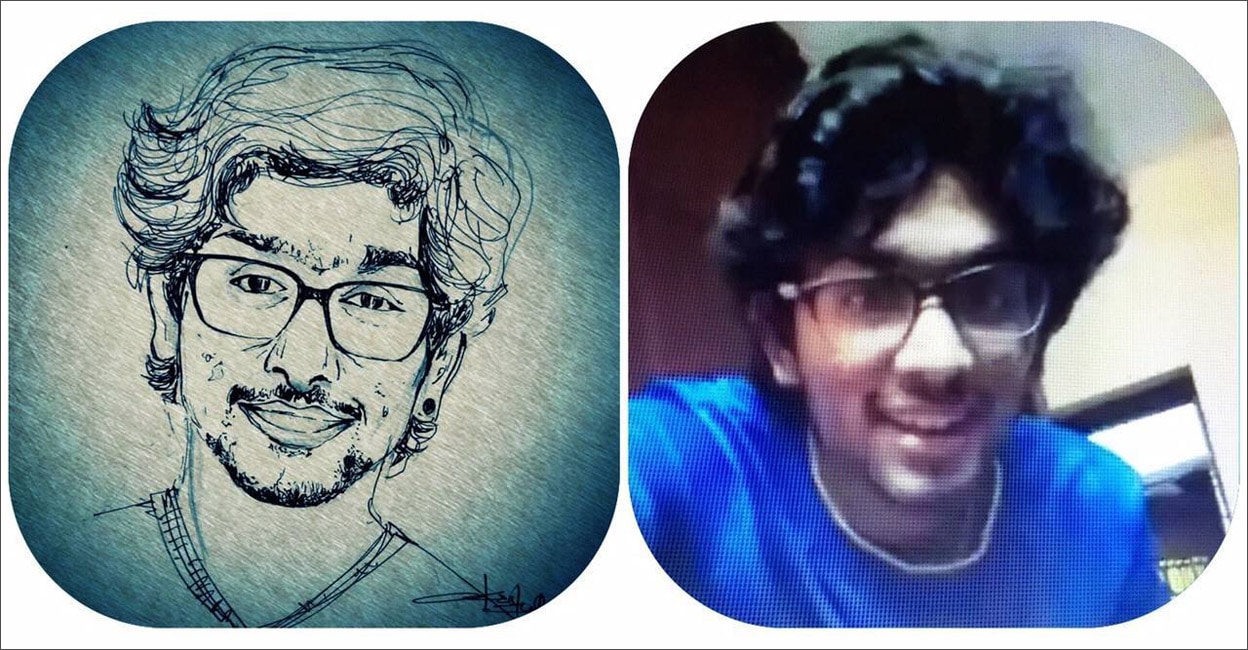The main purpose of the continuous reading of Manorama Weekly are the stories, poems and some interviews of Thomas Jacob sir. So today Sir Thomas brought me to a topic that brings back many memories to anyone, the pencil!
A pencil is a perfect companion for anyone starting to write. But Sir Thomas’ narrative brought the pencil to the knowledge of great writing. Mahakavi Kumaranashan’s verse poem “Karuna” was even written in pencil! Nobel laureate John Steinbuck wrote in pencil. Frank Morais, a famous journalist, writes only with a pencil. Takazi, MT, the pencil was also our Gandhiji’s favorite writing.
Pencil is something everyone uses for drawing and writing. One end is cut as needed and used for writing and drawing. This is the composition of the first pencils. Only the tip of the pencil is available in stores today. The practice of buying them and fixing them on special handles was also born. The pencil is available in a variety of black and many colors.
A quick look at the history of pencils gives us some very clear information. The pencils took shape after a large deposit of graphite was discovered in the Cumberland Hills of England in 1564. Shepherds discovered a grayish and black deposit of graphite. They called it “lead,” which colored the hand when touched. Nobody knew it was graphite, a form of carbon. Shepherds used it to mark the outside of their sheep.
Although the actual inventor of the pencil is still a subject of controversy, it is generally accepted that the German Konrad Gesner invented the pencil in 1565. Along with the first forms of paper came the invention of various tools for writing on them. The lead pencil was the most used.
‘Pencil Photo Sketch’, a professional photo editor that can turn your photos into a pencil sketch, is available today. Many writers, myself included, are among those who haven’t forgotten Pecilil to this day, along with desktops, laptops, and tablets.
“Thorns of color bloom, rainbows glow in the sketch you drew in the heart with a lovingly sharpened pencil.”


